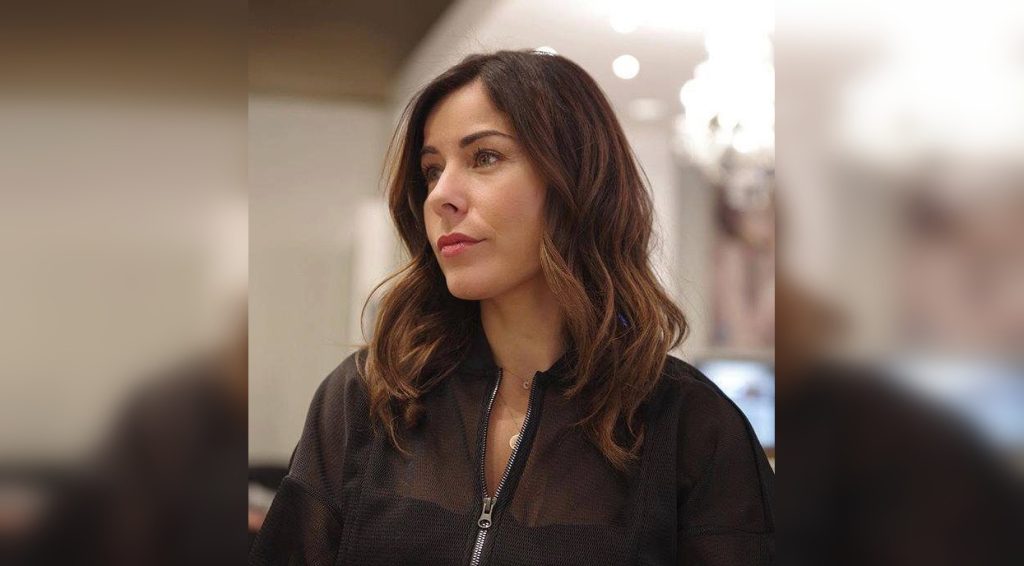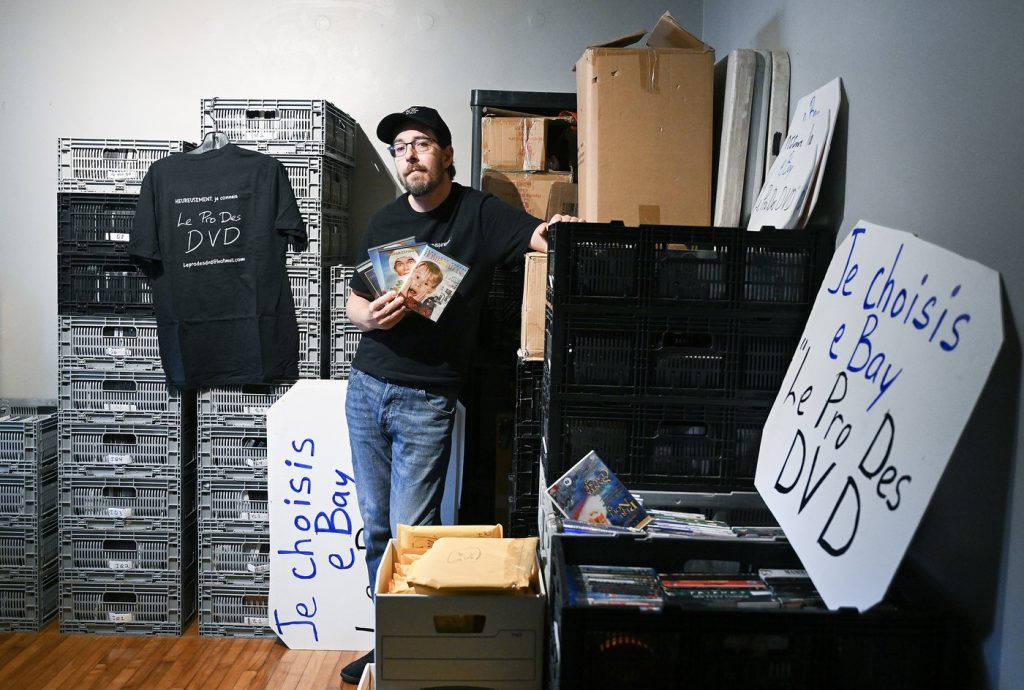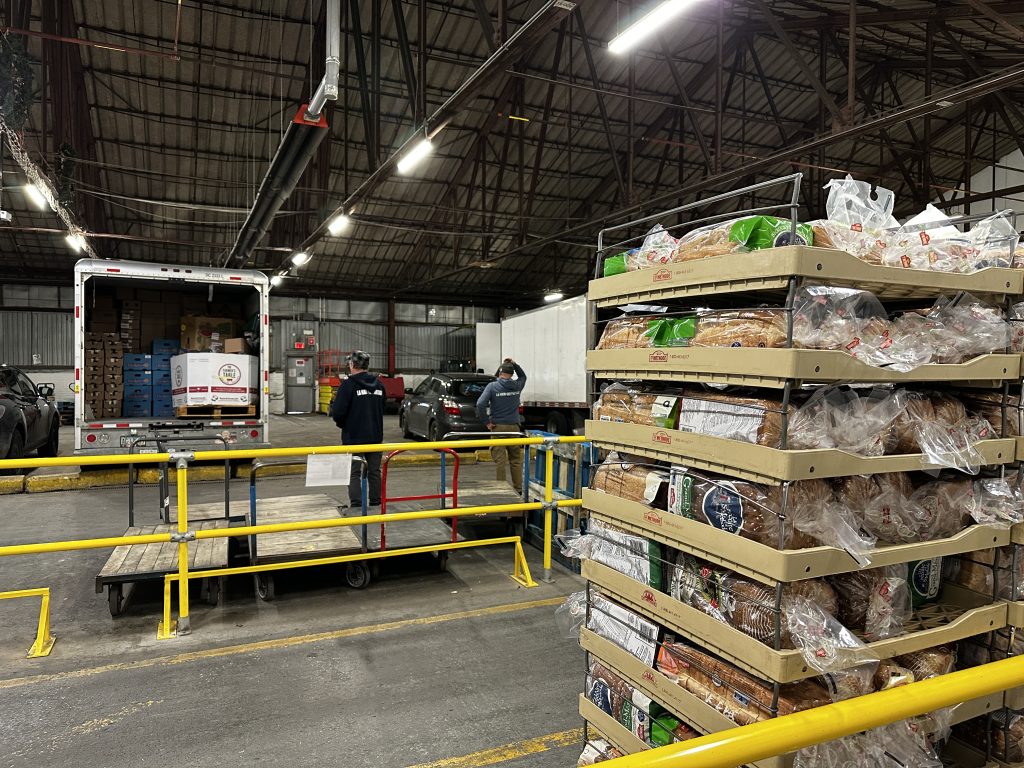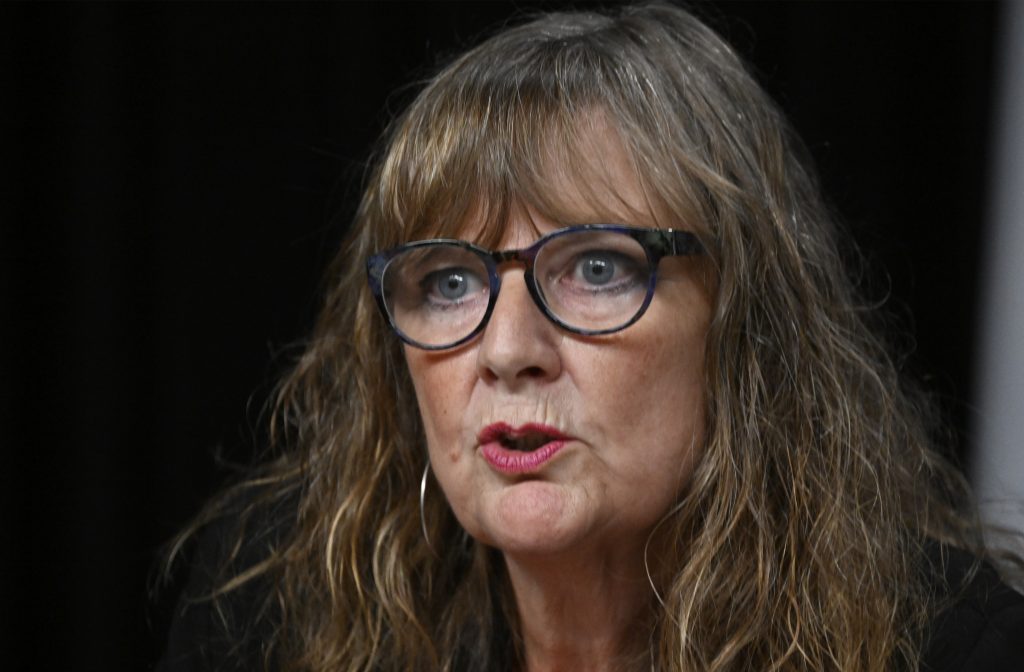Montrealers gather to watch Thursday’s Papal Mass
Posted July 28, 2022 3:04 pm.
Last Updated July 28, 2022 6:59 pm.
The Pope is officially in Sainte-Anne-de-Beaupré, Quebec, as part of a week-long trip to Canada to advance reconciliation with Indigenous communities. Those in Montreal were able to watch the Pope’s Mass, showing in local cinemas.
“I thought it was important to come out and support the community. Also, it’s a historic moment with reconciliation that’s happening in the church and in our community and in our country,” explained Joanne Shuman, a cinema attendee for the Papal mass.
The mass was conducted at the National Shrine of Saint Anne de Beaupré, one of the oldest and most popular pilgrimage sites in North America, for those who couldn’t attend the mass – the showing allowed them to feel as if they were present.
“It is important that we can join him in prayer and in the process that he came to make of reconciliation with the peoples of the First Nations. That’s why for me it’s very important to be here this morning,” said Claude-Etienne Poisson, an attendee.

Montrealers gather at a cinema to watch Thursday morning’s Papal mass from Quebec City. (Photo Credit: Felisha Adam, CityNews)
Another saying, “So today, my lovely Brianna, the choice to go to the pool or to come with Nonna to see the pope and she chose to come. And I’m very proud of my little girl.
“I wanted my granddaughter to have this experience to see the Pope on a big screen. So we feel like we are at the church. You know, to be present at the mass. But it’s amazing that the Pope is coming to ask forgiveness from the Indigenous. So it’s good it’s an amazing thing,” they explained.
But for 65-year-old residential school survivor Paul Dixon, it’s not so easy.
Attending in Quebec City he says it will take more than an apology to truly move forward.
“I was ripped apart from my parents’ arms. And I was put in a residential school in 1963, 1,300 kilometres away from our hunting trap lines in Bradford. So I could never run away and my parents could never contact me,” he explained.
He says the impact of residential schools continues to echo through intergenerational trauma. Attending today serves as a reminder for others.
“To tell the people a little bit of what happened to atrocities and crimes that were committed in residential schools for close to two centuries. And for the pope to ask for forgiveness and to apologize for the bad apples of his church. He didn’t take responsibility for the schools they ran. Over 60 per cent of the schools are run by Catholics. He didn’t apologize today for the crimes and atrocities that happened in there.”
Many Indigenous leaders are looking to see what the next steps of reconciliation are – and what the church will do after the trip is complete.








